You, the Sustainable Diner, Are the Key Ingredient to Sustainable Tourism
WWF-Philippines empowers the Filipino dining public to help transform the local food service industry.
“Kumain ka na ba?”
Among Filipinos, this question is present in almost all conversations. Filipinos LOVE to eat, and it doesn’t matter when or where they are – in the comforts of their homes, or outside in restaurants and food parks; they are always having fun seeking the latest food trend or the next most Instagrammable dish available.
Eating is an integral part of the Filipino’s daily life, and dining out, given higher dispensable incomes and fast-paced city living, has become an almost daily habit. In fact, spending on restaurants and hotels is one of the top reasons why Filipinos shell out money. Among one of Southeast Asia’s booming economies, Filipinos are now more willing to spend on experiencing the taste of delicious new dishes, subscribing to ready-to-eat food delivery services, and checking out every new restaurant they see on their social media feed.
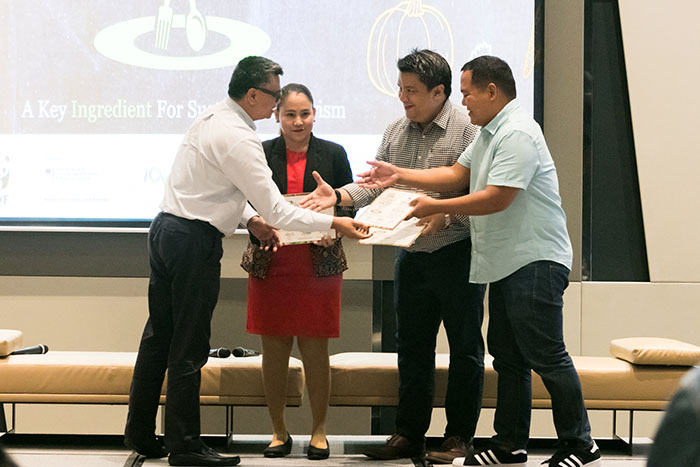
WWF-Philippines President and CEO Mr. Joel Palma presented the certificates of appreciation to members of Panel 1 – Traveling With A Conscious Appetite
L-R: Mr. Joel Palma (President and CEO, WWF-Philippines), Hon. Eden Josephine David (Assistant Secretary, Department of Tourism), Chef Raoul Roberto “Robby” Goco (Executive Chef, Cyma and Green Pastures, and Board Director for Restaurants Division, Hotel and Restaurant Association of the Philippines), and Anton Diaz (Founder, Our Awesome Planet)
Remember the global craze about the humble ube? Even the local cuisine is gaining ground on the international stage! A rising trend, Filipino cuisine has been highlighted as one of the top reasons why people visit the country. Combining this with the fact that Filipinos are adventurous diners who are willing to try out almost anything, the local dining industry has become very vital to the country’s growing tourism industry.
This fascination for food does not come without any negatives, however. Food wastage is constantly a problem – Filipinos waste up to 308,000 tons of rice every year. Ironically, however, 2.7 million Filipino families have also reported going hungry in the first quarter of the current year. Due to high demand for certain ingredients, sourcing practices are also becoming more commercial, with less regard for where food come from. As Filipinos continue to enjoy dining out in the years to come, they have to ensure that as responsible diners, the choices that they make will help the food service industry become more sustainable – so they can continue to enjoy the delicious food that they enjoy today.
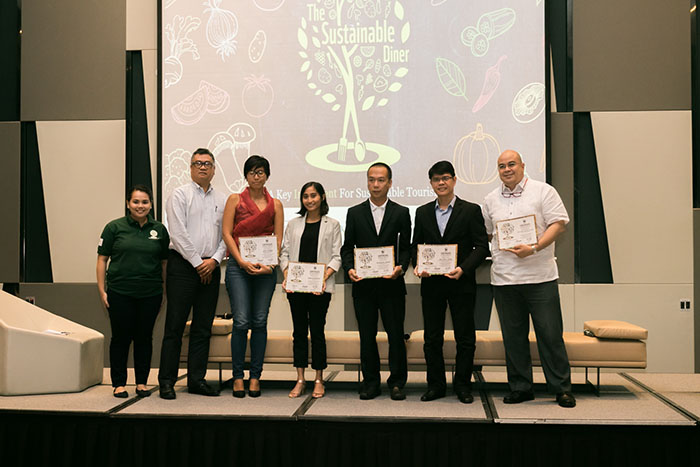
Awarding of certificates to members of Panel 2 – Promoting A Renewable Food Cycle.
L-R: Ms. Melody Melo-Rijk (Project Manager for Sustainable Consumption and Production in the Philippines, WWF-Philippines), Mr. Joel Palma (President and CEO, WWF-Philippines), Ms. Jen Horn (Founder, MUNI), Ms. Dani Rodriguez (Founder, Minimal Manila), Mr. Christopher Baylon (Resident Manager, Nurture Wellness Village), Mr. June M. Alvarez (President and Executive Director, The Philippine Center for Environmental Protection and Sustainable Development, Inc.), and Romell Antonio O. Cuenca (Assistant Secretary, Climate Change Commission)
WWF-Philippines is working with the Filipino dining public, the government, and the food service industry in leading the food industry towards sustainability. Since dining choices have the power to positively impact the food service industry, WWF-Philippines has launched its pioneer project on sustainable consumption and production, The Sustainable Diner: A Key Ingredient of Sustainable Tourism, last September 26, 2017 at Seda Vertis North.
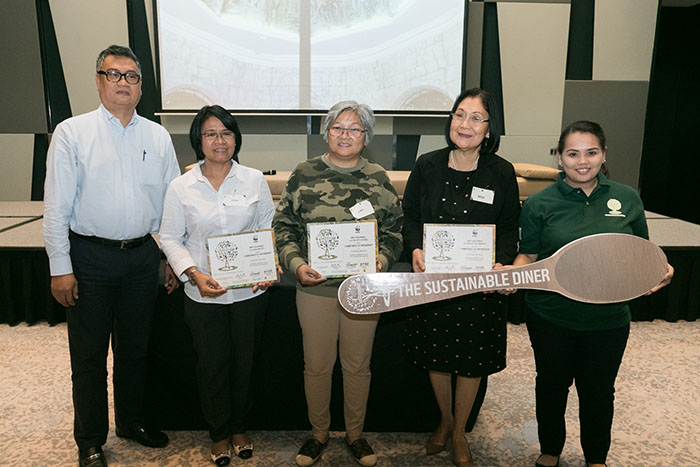
Recognizing the sustainability efforts of and the partnership made with The Sustainable Diner’s three pilot cities: Quezon City, City of Cebu, and City of Tagaytay.
L-R: Mr. Joel Palma (President and CEO, WWF-Philippines), Ms. Divina Pascua (Cultural and Tourism Affairs Officer-in-Charge, Quezon City Government), Ms. Leilani Diesta (Tourism and Information Officer, Tagaytay City Government), Ms. Nida Cabrera (Environment and Natural Resources Office Head, Cebu City Government), and Ms. Melody Melo-Rijk (Project Manager for Sustainable Consumption and Production in the Philippines, WWF-Philippines),
Supported by the German Federal Ministry of Environment, Nature Conservation, Building, and Nuclear Safety, and together with representatives from the government and the food service sector, Filipino diners and members of the media got to witness commitments of partnerships made by WWF’s three partner cities: Quezon City, Tagaytay City, and Cebu City, and participate in panel and focus group discussions where they were able to share their personal dining experiences and suggestions on how to make the food service industry more environmentally friendly.
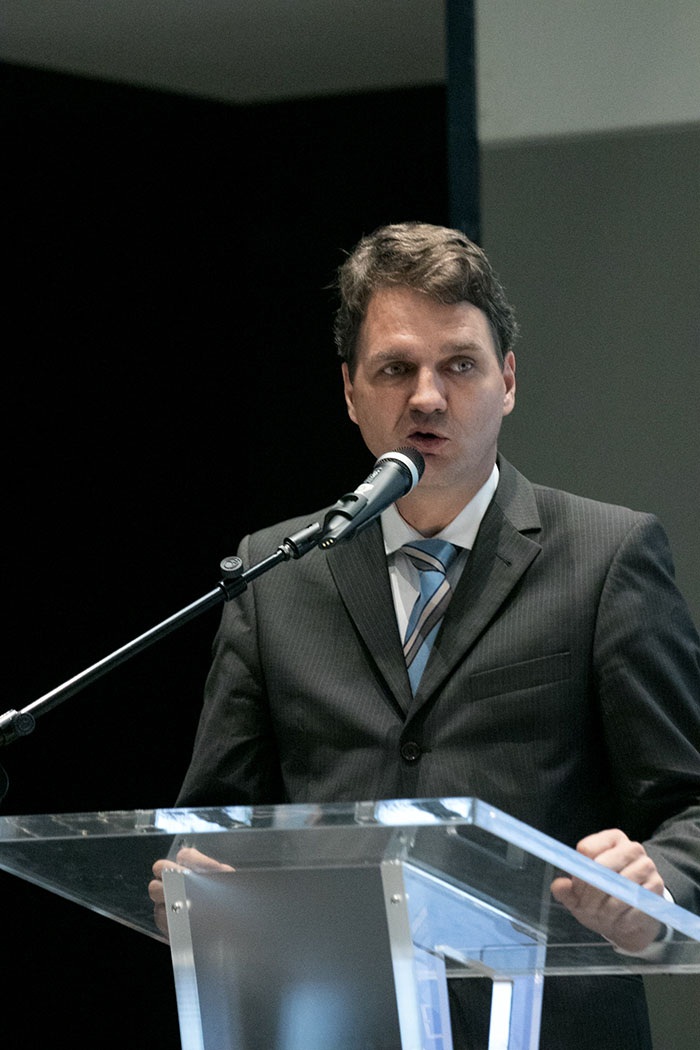
German Embassy Manila’s Deputy Chief of Mission, Dr. Roland Schissau, delivered the opening remarks. The Sustainable Diner project is part of the International Climate Initiative (IKI). The Federal Ministry for the Environment, Nature Conservation, Building and Nuclear Safety (BMUB) supports this initiative on the basis of a decision adopted by the German Bundestag.
“With The Sustainable Diner project, WWF-Philippines hopes to connect the Filipino dining public with government and food service industry stakeholders so we can all have a productive and collaborative discussion on the changes we can implement in order to make the local dining scene more sustainable”,’ says Joel Palma, President and CEO of WWF-Philippines. “The choices that Filipino diners make are now more important than ever, and if we want to transform both the food service industry and the tourism industry, they are the key ingredients towards achieving a more sustainable Philippines.”
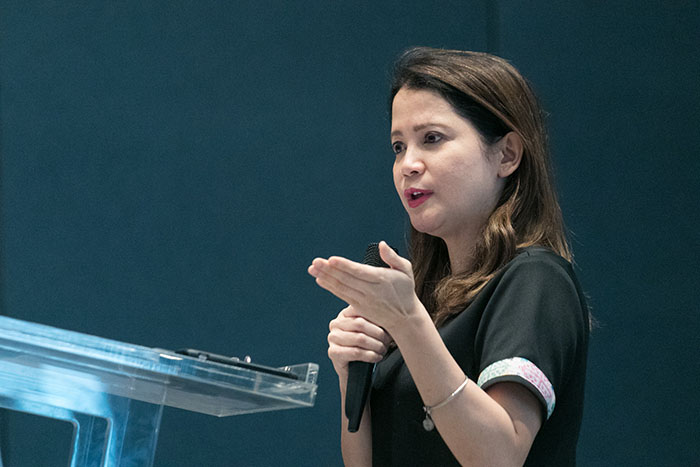
Department of Agriculture Undersecretary for Agribusiness and Marketing, and Regional Engagement, Bernadette Romulo-Puyat, delivered her speech as the first plenary speaker for the inception event.
By giving a platform for Filipino diners to participate in making the local food service industry more sustainable and engage with government and food service stakeholders, WWF-Philippines believes that together, it is possible to reduce food wastage, continue stimulating economic growth, and protecting the natural resources that enable us to savor every plate.
Because you, the sustainable diner, are the key to sustainable tourism.
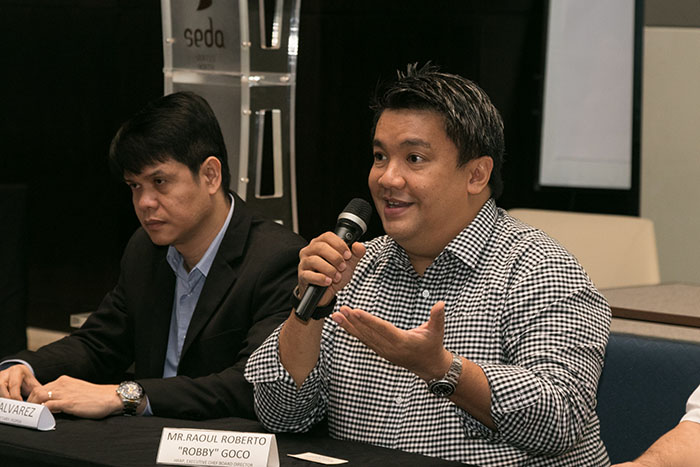
Chef Robby Goco of Cyma and Green Pastures, and Hotel and Restaurant Association of the Philippines (HRAP) answered questions from the media during the mini press conference held after the inception event.
The Sustainable Diner project, under WWF-Philippines’ Sustainable Consumption and Production, is part of the International Climate Initiative (IKI). The Federal Ministry for the Environment, Nature Conservation, Building and Nuclear Safety (BMUB) supports this initiative on the basis of a decision adopted by the German Bundestag.
Hits: 99



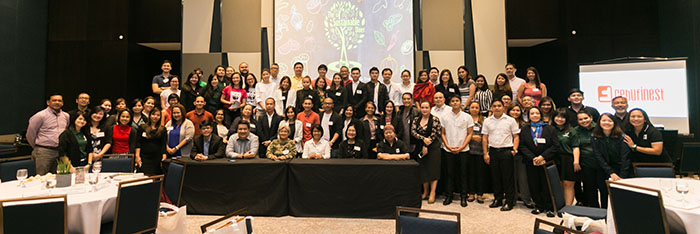




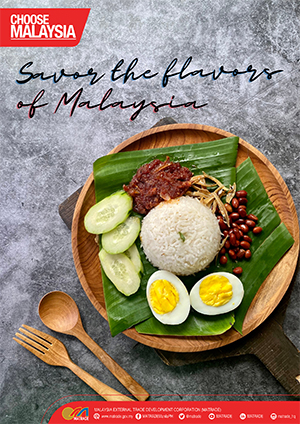





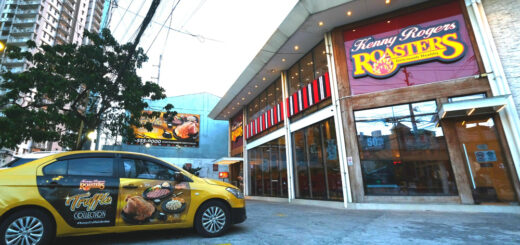
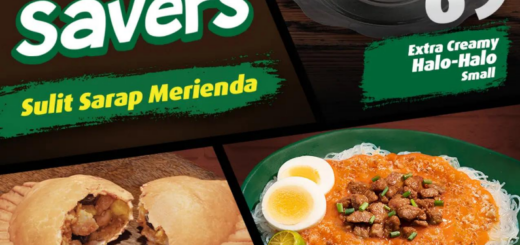
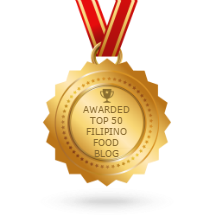













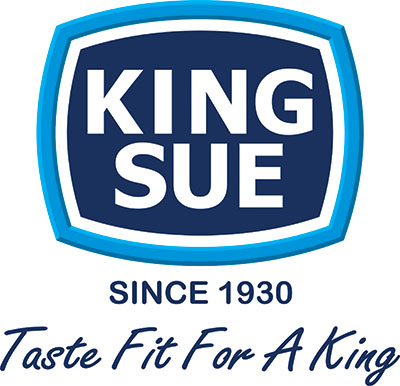

Recent Comments